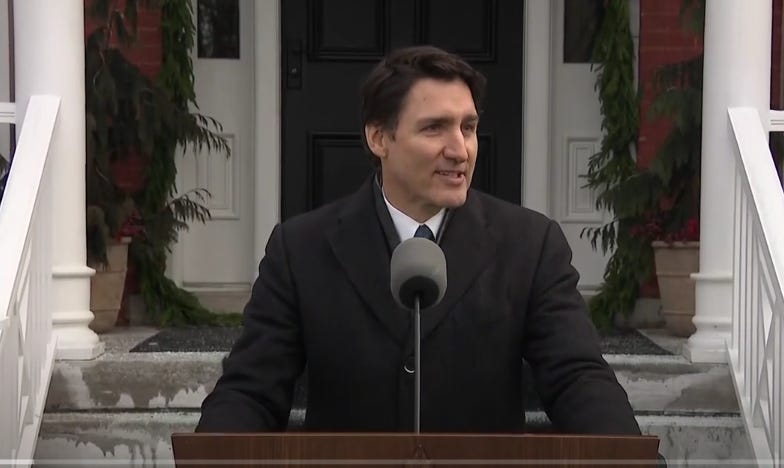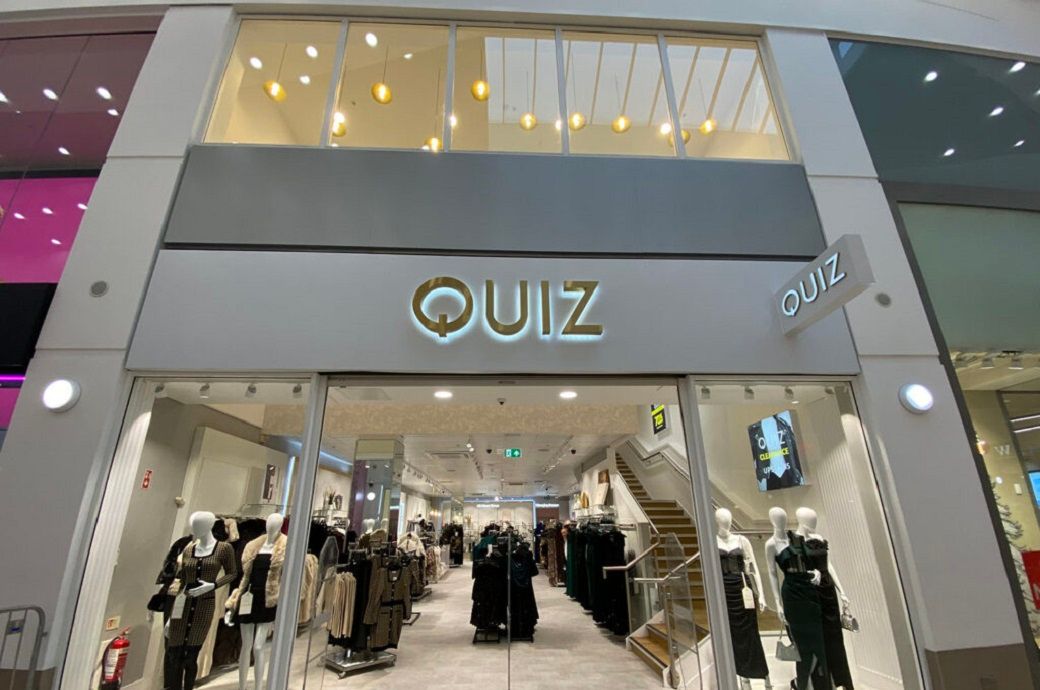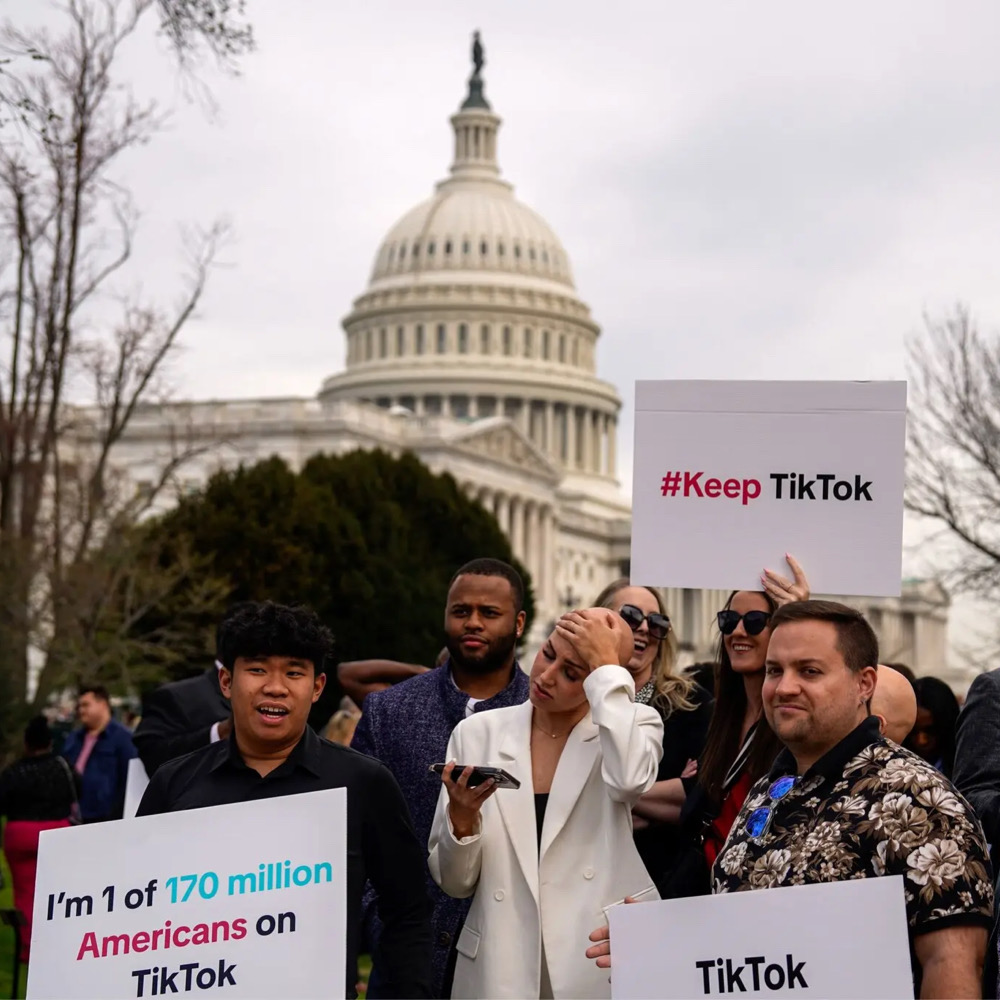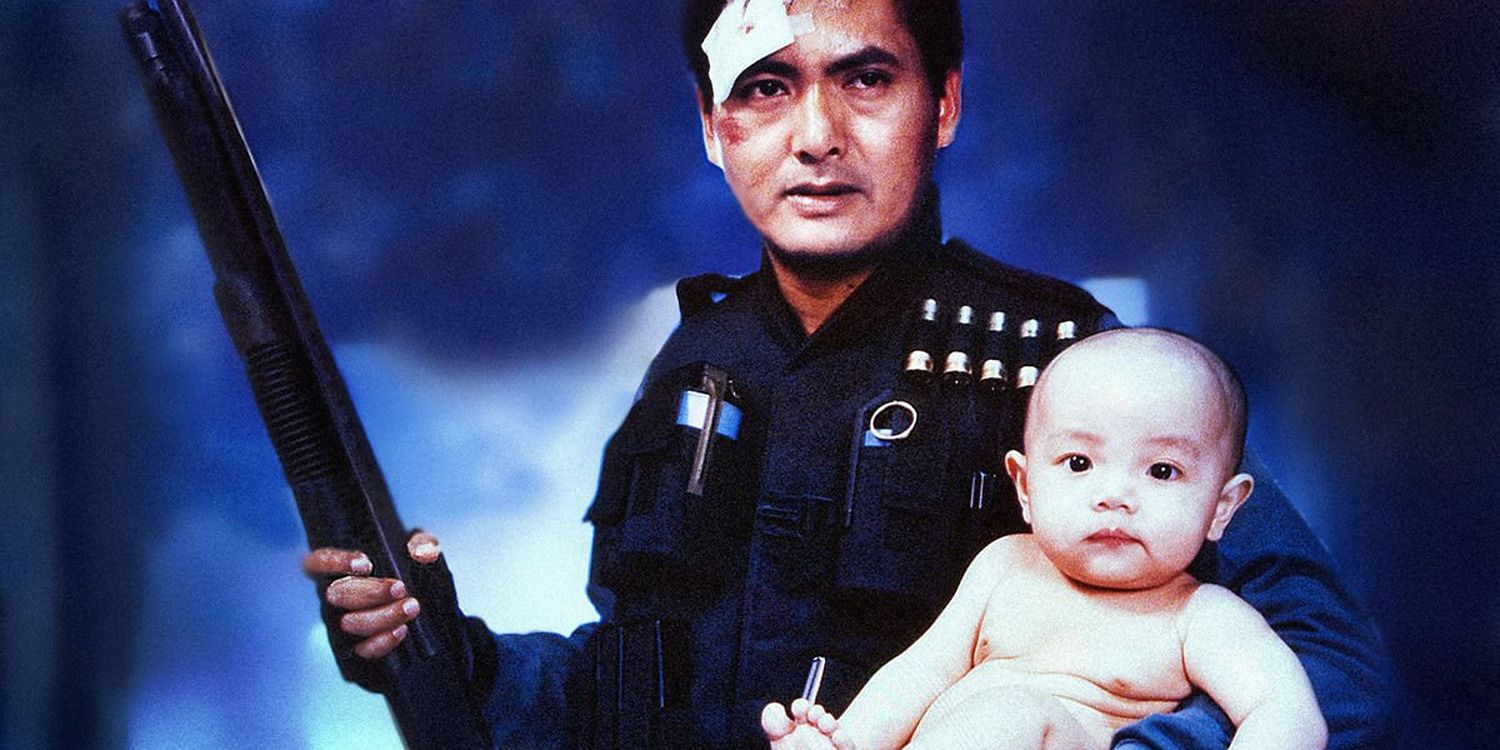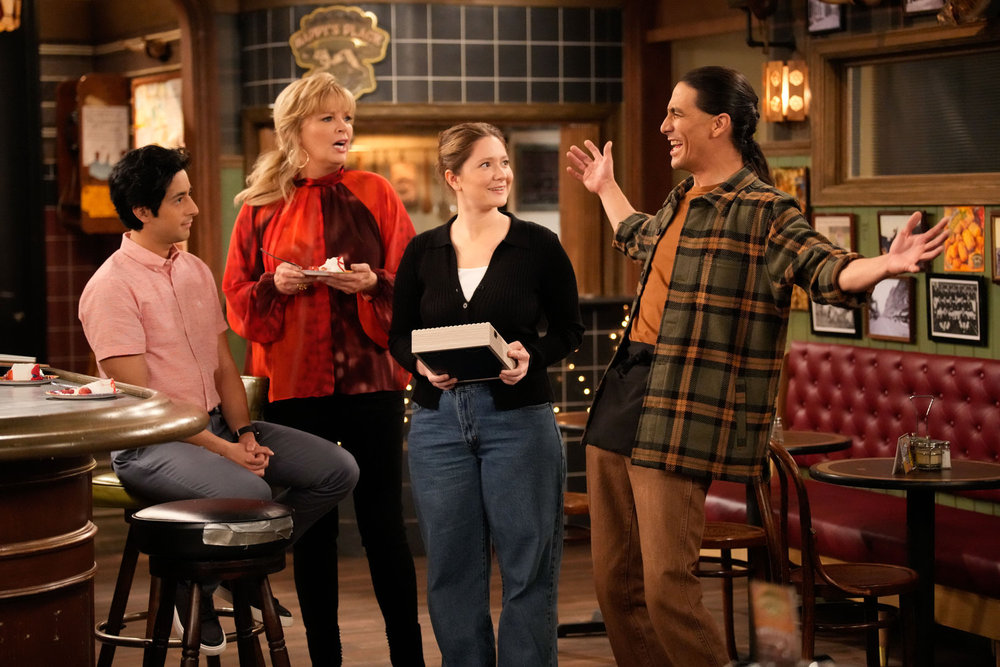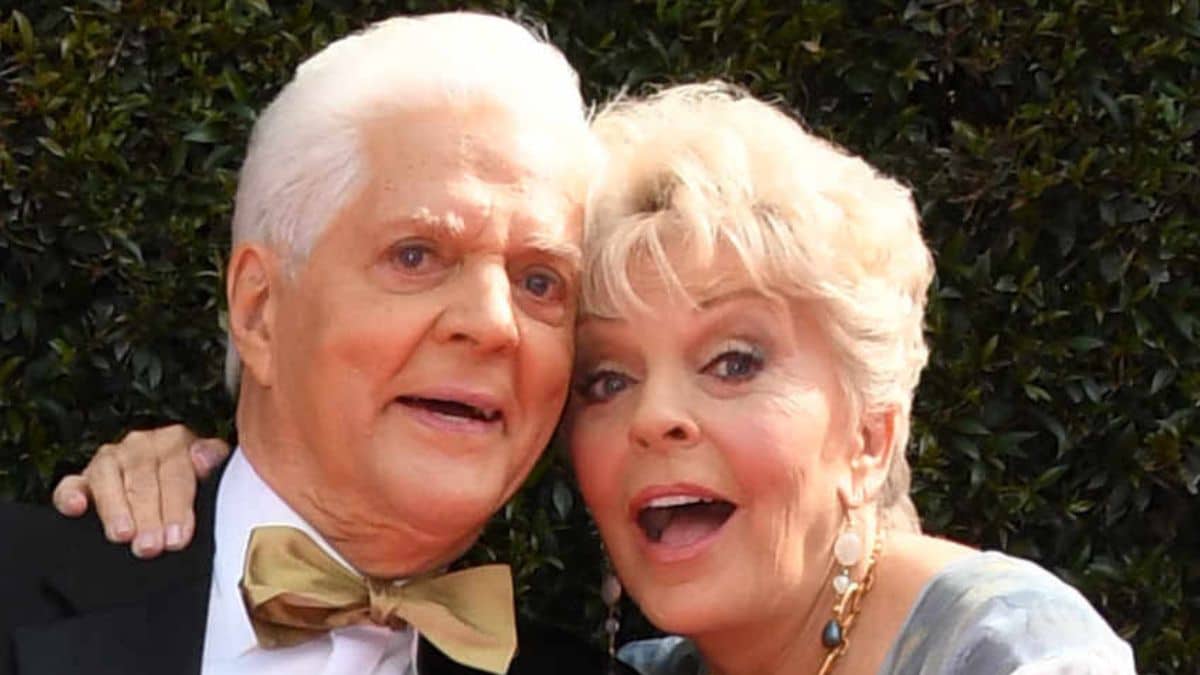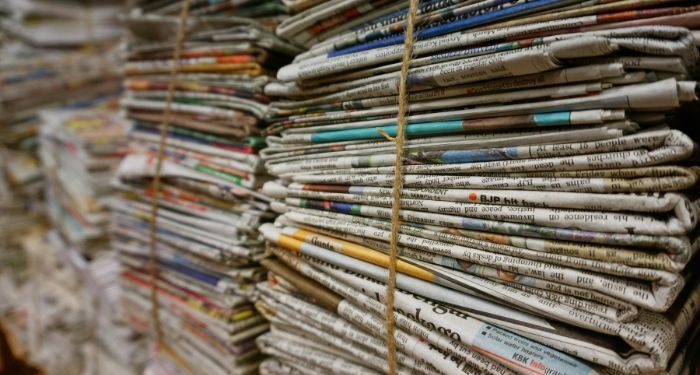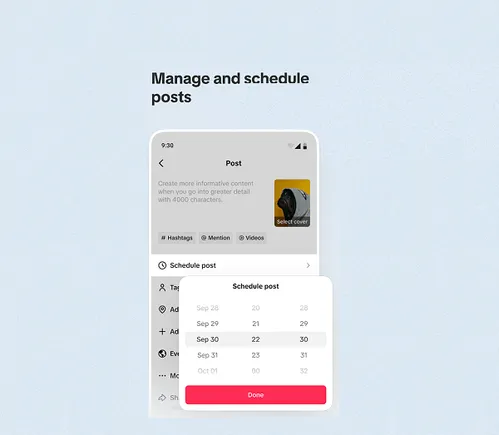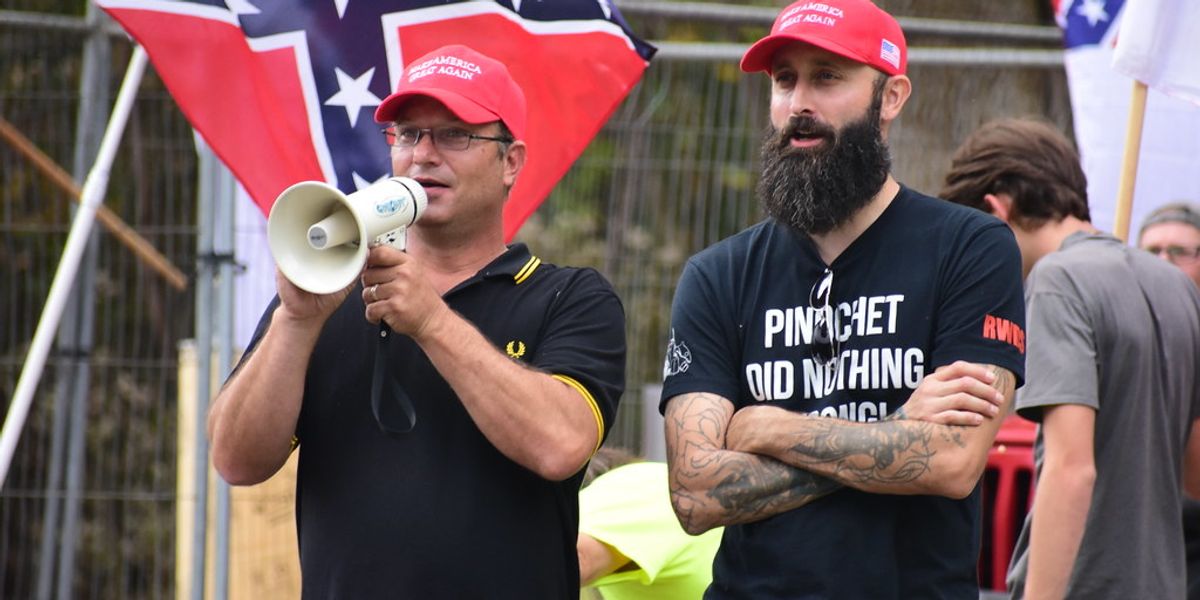Rightwing politicians and media are coming for Los Angeles Mayor Karen Bass, accusing her of incompetence because she hasn’t personally stopped the multiple devastating wildfires, driven by hurricane-force winds, that have burned across the Los Angeles area since the fires blew up a week ago today. Fire experts and LA fire officials have all emphasized that the scope and intensity of the fires made them nearly impossible to contain quickly, particularly given the rugged, hilly terrain where they initially broke out. But insisting Bass screwed up somehow is certainly the most attractive narrative for the Right, because if it was a government failure, they can just pretend that climate change didn’t create the conditions for an unprecedented disaster.
Yes, they’re trying to make the famously detail-oriented organizer “incompetent,” just like they made a liar out of a bluff, honest old governor, Tim Walz.
Elon Musk started it off while the fires were first spreading, amplifying the bullshit claims of billionaire real estate developer Rick Caruso, Bass’s opponent in the 2022 mayoral election. Caruso claimed that the swift-moving fires reflected “absolute mismanagement by the city,” and said on local TV that “it looks like we’re in a third-world country here.” Others chimed in, with bullshit claims that it was DEI that did it, or too many women in LAFD leadership, and so on. The New York Post ultimately agreed with top fire analyst Khloe Kardashian that Mayor Bass is “a joke,” and insisted that it’s actually “racist NOT to say so,” because overlooking all of Bass’s (largely imaginary) “mismanagement” somehow “infantilizes” Black leaders by not holding them to the highest arbitrary standards.
California Gov. Gavin Newsom told NBC News’s “Meet the Press” over the weekend that the fires are likely to be among the worst natural disasters in US history, noting that while there were problems with hydrants running dry in some areas — again, after they had gone through millions of gallons — it remains to be seen how much that affected the city’s ability to fight the fires. He asked, “Did it contribute in any way to our inability to fight the fire? Or were 99 mile-an-hour winds determinative and there was really no firefight that could’ve been more meaningful?”
PREVIOUSLY!
We’re not going to bother much with the outright racist claims that Diversity did the LA fires, because they’re such obvious bullshit — and we’ve written about them several times already (and will continue to do so, just not so much here).
PREVIOUSLY AGAIN, ALREADY!
Just keep in mind that Los Angeles is among the most diverse cities in the country, so of course city departments are committed to diversity, especially after a long history of discriminatory practices. We simply aren’t going to give any credence to idiots who pretend that the fires could have been magically doused if only the LAFD had more Aryan males on the job. Firefighting as a profession remains upwards of 80 percent white nationally and “still overwhelmingly white and male” despite white people in LA making up less than a third of the population. But we’re fairly sure that even a 100 percent white fire department would have been no more able to stop the LA fires in a day than the all-Aryan fire department of Dresden could snuff out that city’s firestorms in 1945.
Beyond such obviously stupid claims, most of the other claims of Bass’s incompetence don’t hold up very well either. Yes, she was out of the city when the fires began, as part of a presidential delegation to Ghana, but mayors do not actually staff fire lines, and Bass returned as quickly as possible, partly on military aircraft. Still, it was an optics nightmare, even if there’s not much that Bass’s presence on the first day would have made.
As Loyola-Marymount professor Fernando Guerra points out, Los Angeles doesn’t have a “strong” mayoral system of government in the first place, making Bass’s political skills as a coalition-builder important in wrangling consensus among “the city council, a web of boards and quasi-independent agencies, the broader county and neighboring city governments.”
OK, but doesn’t that just mean that Bass failed to prepare the city for fires, by not raking the underbrush, or by not building a completely different firefighting infrastructure in the city? And what about those big budget cuts that we keep hearing about?
Let’s take the last of those first, since it’s really easy: When the city’s $13 billion budget was approved in July 2024, it did reduce the Fire Department’s $820 million budget by $17.6 million, but that was only because, as Politico reports, the budget didn’t yet include funding for firefighters’ pay; their contracts were under negotiation at the time. That funding — $53 million for salaries — came later, in November, plus another $58 million to purchase new fire trucks and other equipment. All told, the LAFD’s budget was increased by more than 7 percent over the previous fiscal year.
In short, anyone who claims that Bass cut the budget of a fire department that had a net increase in its funding is selling you some hooey. That goes for a few lefties I’ve seen on social media who insist that Bass took millions away from the fire department to give to cops. Nuh uh. While cops are indeed all bastards, the LAFD had a budget increase.
Now, it’s also true that in December, Fire Chief Kristin Crowley wrote a memo asking for the restoration of a separate cut of $7 million for overtime pay, arguing that it could cut into training and wildfire readiness. That said, Crowley also says that the fires would have been catastrophic no matter how big the fire budget was, because these really are unprecedentedly terrible fires.
Then there are those hydrants, which we’ve discussed previously but which continue to be a source of criticism, because only an incompetent idiot would let an entire city’s hydrants go dry, right? Phrasing it that way actually helps explain what went wrong: The entire city’s fire hydrants aren’t supposed to be all be open at the same time, which is close to what the situation was as the first day dragged on and more fires broke out.
The simple question doesn’t have a simple answer. There was plenty of water, for starters, despite lies to the contrary from lying liars. That includes full storage tanks all over the city, and reservoirs that were near capacity. One reservoir was offline for maintenance, but even if it had been full, it wouldn’t have made much difference. The problem wasn’t lack of capacity. Rather, the extreme demand on the system caused low water pressure and made it difficult to pump enough water through the system, and to move water from reservoirs to replenish tanks around the metro area. Not only were fire hydrants in use all over the city and LA County, the water pressure was also reduced by all those buildings that were destroyed. In many cases, their water pipes started flowing from the wreckage into the streets. The water agency reported Monday that at least 4,200 connections to burned buildings had been shut off so far.
LA’s water system was designed to deliver water all over the city for use by residences and commercial buildings, and also to supply water for firefighters handling building fires. It wasn’t designed to fight multiple wildfires at once, and no municipal water system is. Add in the effects of climate change on fuel loads and fire intensity, and you have a disaster zone the size of a couple smaller eastern states.
On top of that, the geography that helped spread the fires and consumed all those hillside homes in Pacific Palisades also added to the challenge of getting water on the fires: The narrow winding roads that make many neighborhoods nice and private also made it hard to get trucks to many neighborhoods (remember the video of bulldozers shunting aside abandoned cars), and once there, the hydrants at higher elevations were especially affected by the low water pressure that plagued the system.
To make matters worse, the same high winds that blew the fires out of control also made it impossible to use aircraft to drop water or fire retardant in inaccessible areas, which is normally one of the most effective tools in fighting wildfires. Maybe that was Bass’s fault, too. Elon Musk probably could have made the winds settle down by posting weird memes about them.
All of these factors and more made the fires extreme, and extremely difficult to control. The state and city will definitely need to look at how to rebuild in ways that mitigate some of these problems, but they’re all far greater than any of the simplistic accusations made about the city’s mayor.
[NBC News / ABC News / Forbes / Politico / LAist]
Yr Wonkette is funded entirely by reader donations. If you can, please become a paid subscriber, or if a one-time donation floats your boat, we have a button for that too!











